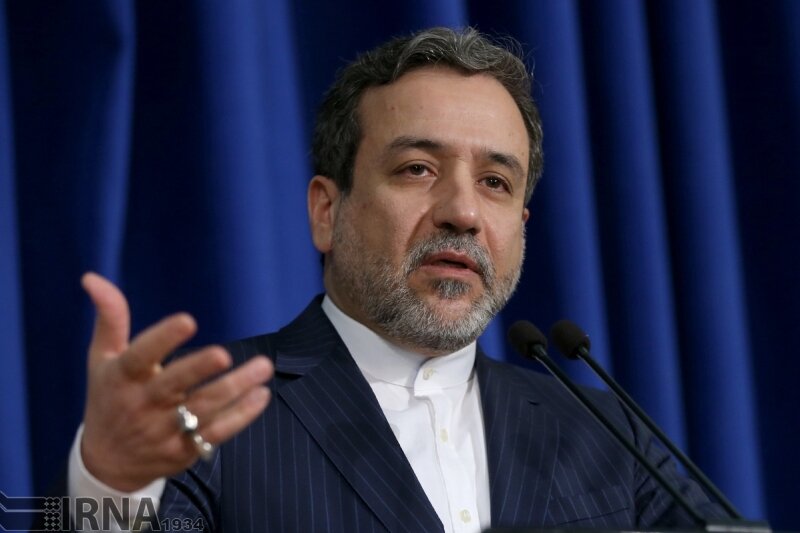The West should share burden of Afghan refugees, Iran says

TEHRAN - Iranian Deputy Foreign Minister for Political Affairs Abbas Araqchi said on Friday that the Western countries have caused many problems for the Afghan people and should fulfil their duties in helping the Afghan refugees.
“Iran has been hosting Afghan refugees for 40 years with generosity and the Western countries, which have caused many miseries for the Afghan people, should fulfil their duties in this respect,” Araqchi told IRNA.
The issue of refugees and asylum seekers is an international issue and helping them is also “an international responsibility”, he insisted.
He added, “The European governments should pay their share for hosting refugees be it through helping financially or granting them asylum.”
Elsewhere, Araqchi said, “It is obvious that under the current situation in which the U.S. administration has imposed cruel and illegal sanctions against Iran with no international justification and seeks to restrict the Islamic Republic’s financial resources, the Iranian people’s demands will find new dimensions.”
However, he said, it is not on Iran’s agenda to expel the Afghan refugees.
In a televised interview aired on Wednesday, Araqchi said that Iran hosts the Afghan refugees wholeheartedly, despite many financial costs.
“There are over three million Afghans in Iran who have taken more than two millions job opportunities and take three to five billion euros out of the country,” he explained.
He added that there are 468,000 Afghan students in Iran and each of them costs 600 euros for the Iranian government per year.
There are also more than 3000 Afghan university students in Iran whose education costs Iran about 15,000 euros annually, the senior diplomat explained.
The deputy foreign minister said Iran will be forced to adopt new policies when its income is reduced because of the U.S. sanctions.
Afghans made their way into the neighboring countries, mainly Iran and Pakistan, after the Soviet invasion and during the civil war that followed.
In May 2015, Ayatollah Khamenei issued a decree to the Ministry of Education allowing all Afghan children of school age, regardless of documentation status, to attend primary and secondary school education. In addition, all refugees of school-age are now exempt from paying costly refugee-specific tuition fees, which encourages even vulnerable and economically challenged families to send their children to school.
U.S. President Donald Trump unilaterally pulled Washington out of the 2015 nuclear deal in May 2018 and ordered reimposition of sanctions against Iran. The first round of sanctions went into force on August 6 and the second round, which targets Iran’s oil exports and banks, were snapped back on November 4. In November the U.S. allowed sanctions waivers for countries such as China, India and Turkey to continue importing limited volumes of oil from Iran, however it announced on April 22 that if any country buys oil from Iran will be sanctioned.
NA/PA
